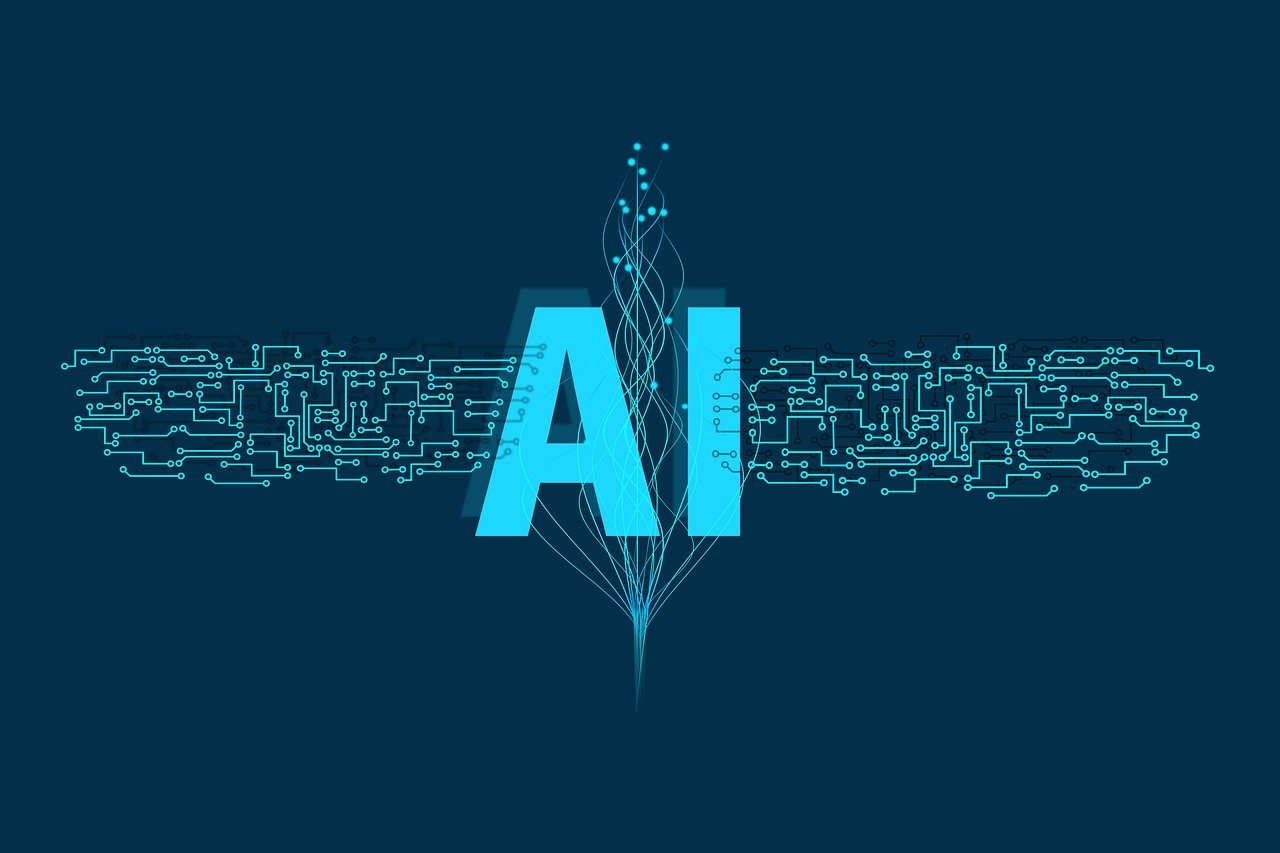AI has the potential to revolutionize industries by increasing efficiency, improving decision-making processes, and creating new opportunities for innovation. With advancements in machine learning and automation, AI is poised to transform the way we live and work in ways we can't even imagine yet. AI has the ability to analyze vast amounts of data quickly and accurately, leading to improved productivity and cost savings across various sectors. As AI continues to evolve, it will likely play a significant role in shaping the future of technology and society as a whole.
What is artificial intelligence (AI)?
Artificial intelligence (AI) refers to the simulation of human intelligence processes by machines, such as learning, reasoning, and problem-solving. AI systems can be designed to perform tasks that typically require human intelligence, such as visual perception, speech recognition, decision-making, and language translation. As AI technology continues to advance, it has the potential to revolutionize industries and improve efficiency in ways previously thought impossible.
Positives of the Artificial Intelligence Evolution
Including enhanced capabilities in healthcare, finance, transportation, and many other fields. Additionally, AI has the potential to address complex global challenges such as climate change and resource management through data-driven solutions. Overall, the advancements in AI have the potential to revolutionize industries and improve the quality of life for people around the world. It is important for society to embrace and harness the power of AI responsibly to ensure its benefits are maximized while mitigating potential risks.
Disadvantages of Artificial Intelligence
Include concerns about job displacement, ethical dilemmas surrounding privacy and security, and the potential for bias in decision-making algorithms. It is crucial for policymakers and developers to prioritize transparency, accountability, and ethical considerations in the development and deployment of AI technologies to minimize these risks.
How can Artificial Intelligence effect climate change?
Artificial Intelligence can play a crucial role in addressing climate change by optimizing energy consumption, improving forecasting models for extreme weather events, and aiding in the development of sustainable solutions. By leveraging AI technologies effectively, we can enhance our ability to combat environmental challenges and work towards a more sustainable future. AI can also help in monitoring and managing natural resources, reducing waste, and identifying patterns to make more informed decisions in environmental conservation efforts. Ultimately, the integration of AI in climate change initiatives can lead to more efficient and effective strategies for mitigating the impacts of climate change.
What is machine learning?
Machine learning is a subset of artificial intelligence that involves the development of algorithms and models that allow computers to learn from and make predictions or decisions based on data. It is a powerful tool that can be used in various applications, such as predicting trends, analyzing patterns, and making recommendations based on historical data.
Advantages of machine learning.
The ability to process and analyze large amounts of data quickly and accurately, its potential to automate tasks and improve decision-making processes, and its versatility in various industries such as healthcare, finance, and marketing. Additionally, machine learning can help identify patterns and correlations that may not be immediately apparent to humans, leading to valuable insights and innovations.
About AI and Robotics
Robotics is a field that involves the design, construction, operation, and use of robots to perform tasks in various industries. It combines elements of mechanical engineering, electrical engineering, and computer science to create intelligent machines that can assist humans in a wide range of applications. The integration of artificial intelligence with robotics is paving the way for the development of more sophisticated and versatile machines that can handle complex tasks with minimal human intervention. Having the potential to revolutionize industries such as manufacturing, healthcare, and transportation by increasing efficiency and productivity.
How will AI affect healthcare?
AI in healthcare has the potential to improve patient outcomes through personalized treatment plans, predictive analytics for early disease detection, and robotic surgery. Additionally, AI can streamline administrative tasks, reduce medical errors, and enhance the overall quality of care provided to patients.
How will AI affect the transportation industry?
AI in the transportation industry has the potential to improve safety through autonomous vehicles, optimize traffic flow, and reduce emissions by enabling more efficient route planning. These advancements could lead to a future where transportation is more sustainable, convenient, and accessible for everyone.
Summing up
Artificial Intelligence (AI) has the potential to revolutionize industries by increasing efficiency, improving decision-making processes, and creating new opportunities for innovation. Advancements in machine learning and automation can lead to improved productivity and cost savings across various sectors. AI can enhance capabilities in healthcare, finance, transportation, and address complex global challenges like climate change and resource management through data-driven solutions. However, concerns about job displacement, ethical dilemmas, and potential bias in decision-making algorithms need to be addressed.
AI can also help address climate change by optimizing energy consumption, improving forecasting models, and developing sustainable solutions. Machine learning, a subset of AI, can process large amounts of data quickly and accurately, automate tasks, and improve decision-making processes. It can also identify patterns and correlations, leading to valuable insights and innovations.
AI and robotics are combining elements of mechanical engineering, electrical engineering, and computer science to create intelligent machines that can assist humans in various industries. The integration of AI and robotics is paving the way for more sophisticated and versatile machines that can handle complex tasks with minimal human intervention.


